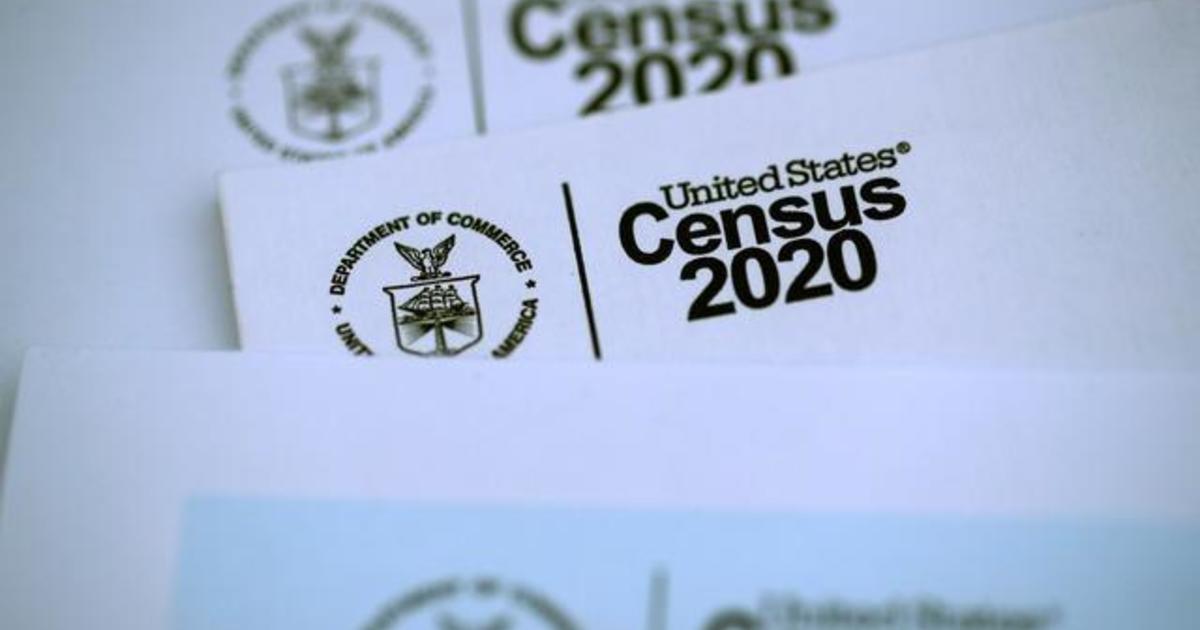The Trump administration has been ordered to continue its 2020 Census population count through October, abandoning plans to end the count ahead of schedule due to COVID-19. A federal judge in California ruled Thursday that the administration’s plan would not remedy COVID-19 delays, and instead would result in an inaccurate count that could cause “irreparable harm.”
The U.S. Census Bureau, which is overseen by Trump appointee Commerce Secretary Wilbur Ross, announced in an August 3 press release that it would be ending its count by September 30 — a month before it originally planned — in order to complete data analysis by the end of the year. The Bureau promised to “improve the speed” of its count “without sacrificing completeness.”
“We will end field data collection by September 30, 2020. Self-response options will also close on that date to permit the commencement of data processing,” reads the press release. “Under this plan, the Census Bureau intends to meet a similar level of household responses as collected in prior censuses, including outreach to hard-to-count communities.”
California District Judge Lucy Koh, however, wrote in a preliminary injunction Thursday that the Trump administration’s “stated reason for the August 3, 2020 Replan” — to get the census count to the president by December 31 — is both “impossible” and would inflict unnecessary harm on the electorate.
“These statements show that the hardship imposed on Defendants from a stay — missing a statutory deadline they had expected to miss anyway — would be significantly less than the hardship on Plaintiffs, who will suffer irreparable harm from an inaccurate census count,” she wrote.
The lawsuit was filed by a coalition of plaintiffs that includes the cities of Los Angeles, Chicago, the Navajo Nation, Black Alliance for Just Immigration, the National Urban League, NAACP, and League of Women Voters.
Koh further wrote that the bureaus’s August 3 press release “never explains why defendants are ‘required by law’ to follow a statutory deadline that would sacrifice” the constitutional requirement to count every person. The Justice Department is expected to appeal Koh’s decision.
Critics of the shortened timeline also argued that the White House was motivated to end the count early so that President Trump would have access to census results before a potential transfer of power after the November 3 election.
In reaction to Koh’s decision, Los Angeles City Attorney Mike Feuer, part of the coalition of plaintiffs, said in a statement that “the Court saw through the Trump Administration’s efforts to camouflage its political interference in what is supposed to be the neutral, nonpartisan process of counting every person.”
“Now, with little time to lose and so much at stake, I urge everyone to take the few moments necessary to be included in the Census,” Feuer wrote, directing people to fill out the census online.
Trump admin. pushes to conclude census count
08:51
The census is a constitutionally-mandated, once-a-decade count of every single person within the United States. The simple concept has immeasurable impact on our political landscape. Not only does the census determine how many votes each state gets in Congress, it also determines how trillions of federal dollars are divvied up over the next decade.
In-person data collection, a hallmark of the Census, was forced to pause in March due to COVID-19. The temporary suspension prompted the Census Bureau to initially request an extension for the count. “In order to ensure the completeness and accuracy of the 2020 Census, the Census Bureau is seeking statutory relief from Congress of 120 additional calendar days to deliver final apportionment counts,” read an April press release from the Bureau.
President Trump supported the Bureau’s request at a press conference later that same day. “During this difficult time we’re also working to ensure that the 2020 Census is completed safely and accuracy,” Mr. Trump said. “We may be asking for an extension because obviously they can’t be doing very much right now — they wouldn’t even be allowed to do it — so the census, we’re going to be asking for a delay, a major delay, I think how can you possibly be knocking on doors for a long period of time now?”
Then, despite Mr. Trump’s public support for an extension in April, the bureau announced in August that it would instead be speeding up the count.
A recent report from the Department of Commerce’s internal watchdog found that the decision was not made by officials within the bureau. Senior officials said they did not know who made the decision, however some “speculated the decision came from the department, while others thought the decision likely came from the White House.”
The Trump administration has pushed for other controversial changes to the 2020 census.
Earlier this month, a panel of three federal judges in New York prohibited the president from moving forward with plans to exclude undocumented immigrants from the count. The judges said the proposal violates federal laws that govern the redrawing of congressional seats and the census count.
Excluding undocumented immigrants could have potentially seismic political ramifications. According to an estimate by the Pew Research Center, if unauthorized immigrants aren’t counted, California, Texas and Florida would get fewer seats than expected in the House of Representatives; while Alabama, Minnesota and Ohio, would keep seats they would otherwise have lost.
Melissa Quinn and Camilo Montoya-Galvez contributed to this report.
